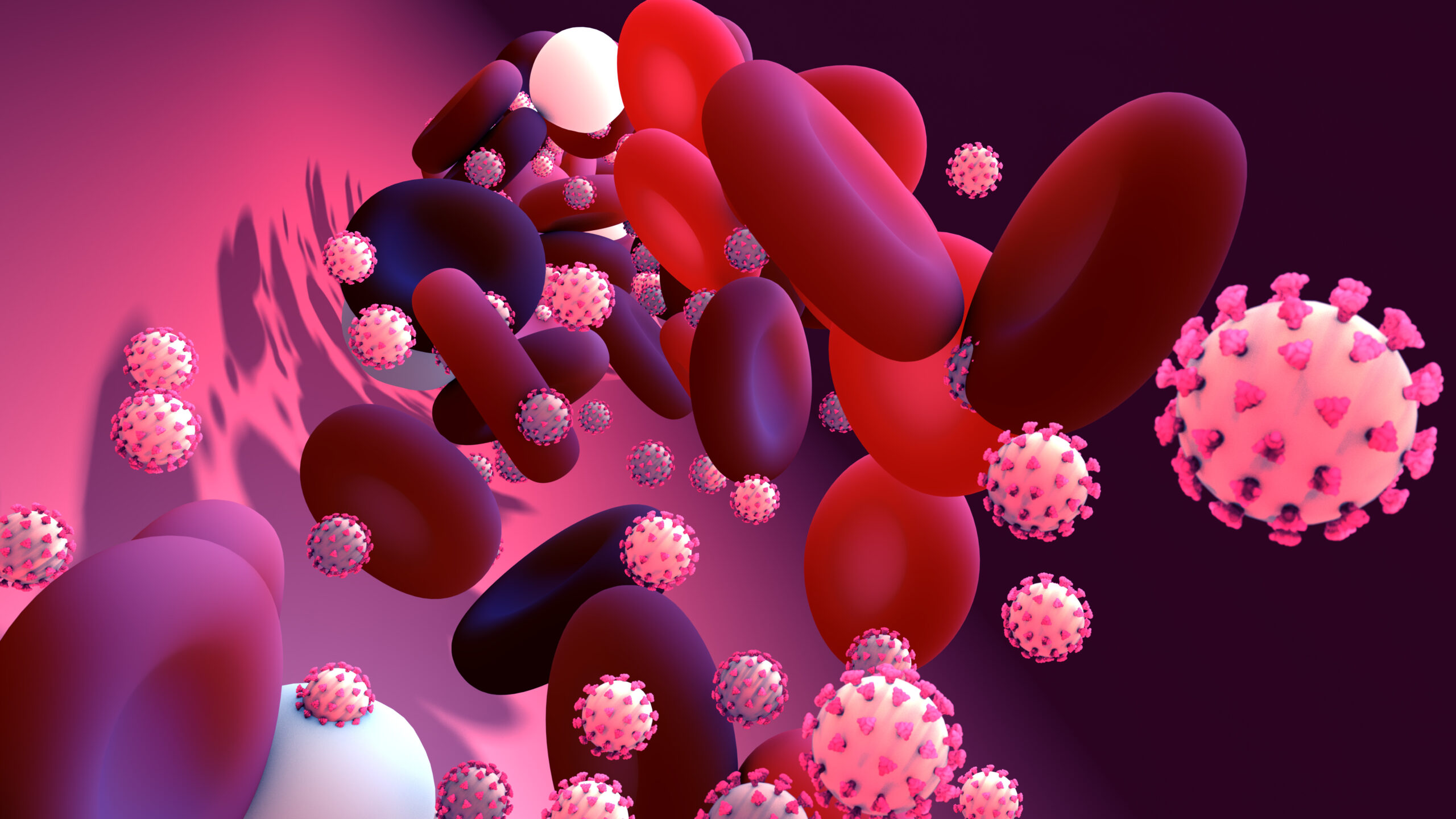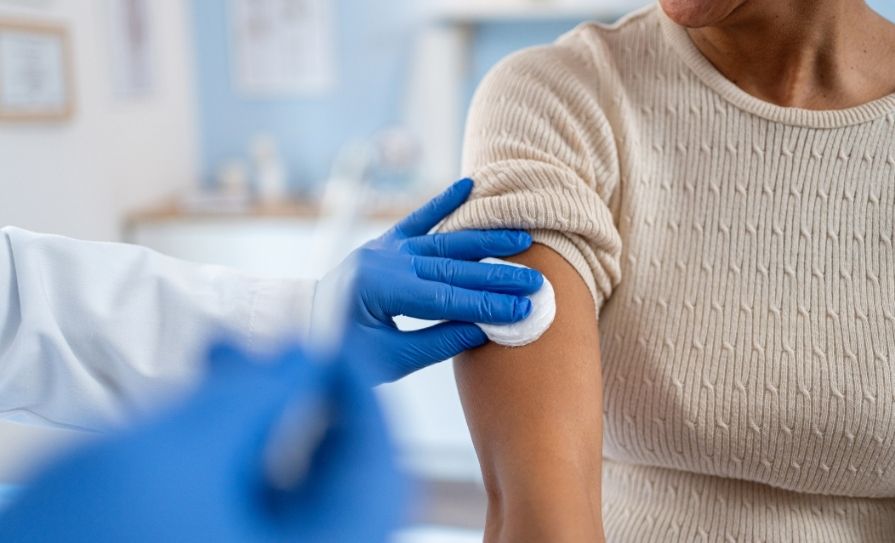New evidence shows that patients with Long Covid syndrome continue to have higher measures of blood clotting, which may help explain their persistent symptoms, such as reduced physical fitness and fatigue.
The study, led by researchers from RCSI University of Medicine and Health Sciences, is published in the Journal of Thrombosis and Haemostasis.
Previous work by the same group studied the dangerous clotting observed in patients with severe acute Covid-19. However, far less is known about Long Covid syndrome, where symptoms can last weeks to months after the initial infection has resolved and is estimated to affect millions of people worldwide.
The researchers examined 50 patients with symptoms of Long Covid syndrome to better understand if abnormal blood clotting is involved.
They discovered that clotting markers were significantly elevated in the blood of patients with Long Covid syndrome compared with healthy controls. These clotting markers were higher in patients who required hospitalisation with their initial Covid-19 infection, but they also found that even those who were able
to manage their illness at home still had persistently high clotting markers.
The researchers observed that higher clotting was directly related to other symptoms of Long Covid syndrome, such as reduced physical fitness and fatigue. Even though markers of inflammation had all returned to normal levels, this increased clotting potential was still present in Long Covid patients.
“Because clotting markers were elevated while inflammation markers had returned to normal, our results suggest that the clotting system may be involved in the root cause of Long Covid syndrome,” said Dr Helen Fogarty, the study’s lead author, ICAT Fellow and PhD student at the Irish Centre for Vascular Biology in the RCSI School of Pharmacy and Biomolecular Sciences.
This work was funded by the Wellcome Trust, the Health Research Board (HRB) and Irish Clinical Academic Training (ICAT) programme, as well as the HRB-funded Irish Covid-19 Vasculopathy Study (ICVS). The work was also supported by a philanthropic grant from the 3M Foundation to RCSI University of Medicine and Health Sciences.
“Understanding the root cause of a disease is the first step toward developing effective treatments,” said Prof James O’Donnell, Director of the Irish Centre for Vascular Biology, RCSI, and Consultant Haematologist in the National Coagulation Centre in St James’s Hospital, Dublin
“Millions of people are already dealing with the symptoms of Long Covid syndrome, and more people will develop Long Covid as the infections among the unvaccinated continue to occur. It is imperative that we continue to study this condition and develop effective treatments.”







